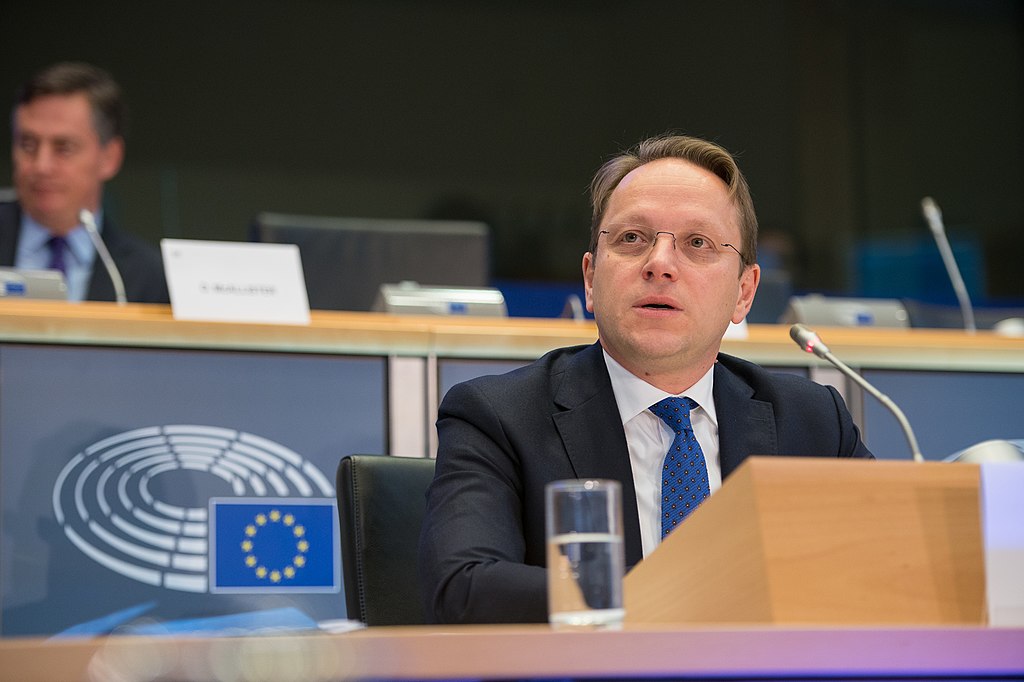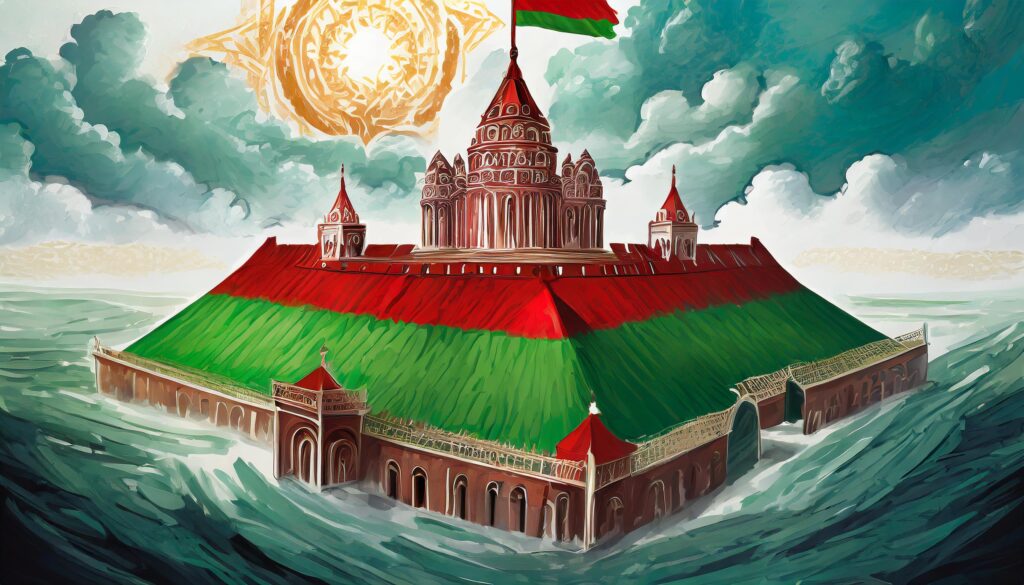In a statement that had repercussions within the international community, the European Union expressed its deep indignation at the death of Alexei Navalny, a prominent figure in the Russian opposition. The EU holds Russian President Vladimir Putin and the country’s authorities “ultimately responsible” for Navalny’s disappearance.
“The European Union is outraged by the death of Russian opposition figure Alexei Navalny, for whom ultimate responsibility lies with President Putin and the Russian authorities,” declared the High Representative on behalf of the EU. The statement was made following a meeting at the Foreign Affairs Council, during which deep condolences were extended to Navalny’s wife, Yulia Navalnaya, their children, family, friends and to all those who collaborated with him for the good of Russia.
The EU demanded that Russia allow “an independent and transparent international investigation into the circumstances of his sudden death.” He pledged to coordinate closely with his partners to hold Russian political leaders accountable, hinting that new sanctions would be imposed as a result of their actions.
Navalny’s death sparked a global outpouring of grief, with tributes paid around the world. However, in Russia, authorities attempted to suppress these memorials, arresting several hundred people in the process. The EU has called for their immediate release.
Navalny’s return to Russia after surviving an assassination attempt involving the nerve agent “Novichok” – a substance banned by the Chemical Weapons Convention – marked him as a figure of immense bravery. Despite facing politically motivated charges and being isolated in a Siberian penal colony, Navalny has continued his work, with his access to his family severely restricted and his lawyers facing harassment.
The EU has consistently condemned Navalny’s poisoning and the politically motivated judgments handed down against him, demanding his immediate and unconditional release and calling on Russia to guarantee his safety and health.
“Throughout his life, Mr. Navalny demonstrated incredible courage, dedication to his country and his fellow citizens, and determination in his anti-corruption work across Russia,” underlines the communicated. This underscored the fear Navalny has aroused in Putin and his regime, particularly in the context of Russia’s illegal war of aggression against Ukraine and the upcoming Russian presidential elections in March.
Navalny’s death is seen as a “shocking” testimony to the “accelerated and systematic repression in Russia.” The EU reiterated its call for the immediate and unconditional release of all political prisoners in Russia, including Yuri Dmitriev, Vladimir Kara-Murza, Ilya Yashin, Alexei Gorinov, Lilia Chanysheva, Ksenia Fadeeva, Alexandra Skochilenko and Ivan Safronov.
This statement marks an important moment in EU-Russia relations, reflecting the EU’s position on human rights violations and its willingness to take action against those responsible.
Originally published in The European Times.
source link eu news






















